Getting a loan to buy a home is likely one of the biggest decisions you will ever make in your life. As it will have lasting consequences, the decision should not be rushed. You need to be aware of all the factors that affect your ability to get a home loan or lower interest rates.
You must never forget that lenders are not your friends, no matter how nice they may seem. Their ultimate goal is to make money; to do that, they need to believe that you will pay them back. That is a practical way to look at a credit score from the creditors’ perspective – will they get their money back or not.
When your goals and those of your creditors align, you can do business. Of course, the higher the interest rates they can charge you, the better it is for them. That is why you should always try to get the best credit score you can before applying for a loan.
How Your Credit Score Affects Your Ability to Get a Home Loan
Your credit score is determined by your credit history. All the items that can negatively affect it show up on your credit report. With a good score, you are more likely to get the loan you are looking for, lower interest rates, and borrow more money. If you have a bad score, you will either get rejected outright, or have to pay back considerably more money.

What is a Good Credit Score for a Home Loan?
Most lenders use the FICO model for scoring their potential clients. It goes from 350 to 850. While there are some variations to what is thought of as a good score, anything above 660 is generally considered to be good.
With the standard mortgage lender, a FICO score of 660 and above will be enough to issue you a mortgage loan. Anything below that and you are looking at an increased monthly payment, and the potential loan amount will be lower, if you are not outright rejected for a loan. If you go below 500, most lenders will consider you high-risk, and it is very unlikely you won’t be able to get the loan you’re looking for.
How Your Score Affects Your Mortgage Rate
Just a few points on your credit score can make a substantial difference to your long-term financial situation. Let’s say you take out a loan at a 0.5 % higher interest rate due to a non-ideal score, which amounts to 30 dollars per month. That doesn’t seem that much, does it?
However, the loans you are getting are not short-term. Over the course of 30 years, you would have paid back 10 800 more. That is money you could have spent on yourself instead of giving it to lenders. Before applying for a loan, always try to make your credit the best it can be.
Do I Have Any Options with a Low Credit Score?
Yes, you do. You could apply for a Federal Housing Administration (FHA) loan. To get it, the score requirement is lower than for a more conventional loan. The FHA insures the loan, so the lenders are at a lower risk of losing money, which is why the credit requirement is lower.
However, you will need to make a down payment to qualify. If your credit score is above 580, you need to make a 3.5% down payment. When your credit score is below 580, you will need to make a down payment of 10% of the full loan amount to qualify.
If you need tradelines to boost your score, visit tradelinenetwork.com
